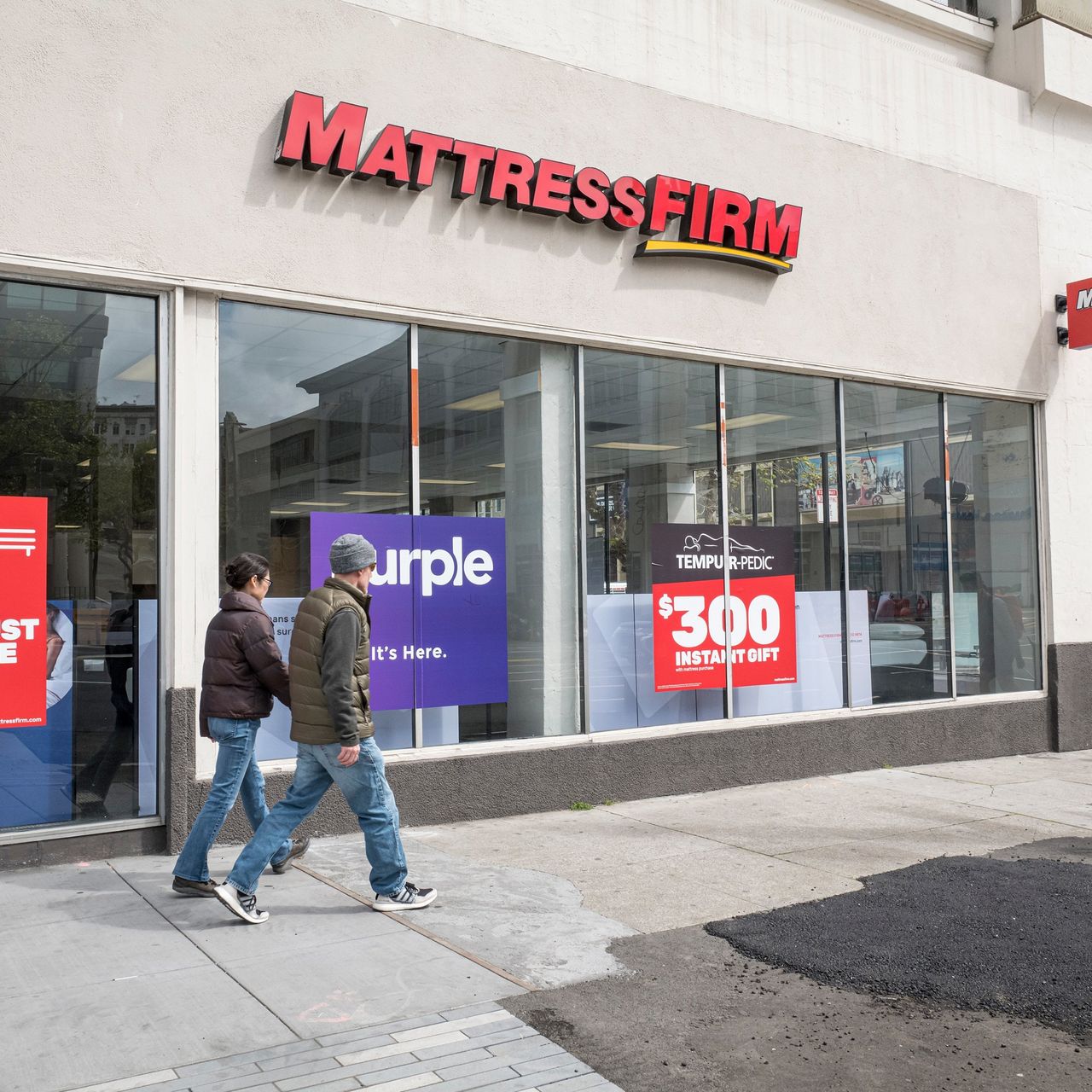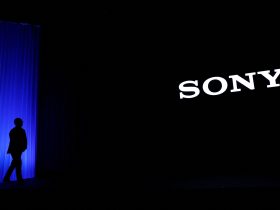Tempur Sealy’s acquisition of Mattress Firm faces a significant obstacle at the U.S. Federal Trade Commission, where all five commissioners voted to block the deal. This unanimous decision means the FTC will challenge the $4 billion merger in court.
On June 2, following the FTC’s announcement, Tempur Sealy responded with a public statement. It objected to the decision as it prepares for the government’s lawsuit to proceed in the U.S. District Court for the Southern District of Texas.
Tempur Sealy is ranked No. 156 in Digital Commerce 360’s Top 1000, a database that ranks North America’s leading retailers by online sales. Mattress Firm is ranked No. 274.
Both companies fall under the Housewares & Home Furnishings category according to Digital Commerce 360. Additionally, Digital Commerce 360 projects that Tempur Sealy’s total ecommerce sales for 2024 will be $5.52 billion.
The FTC is challenging Tempur Sealy’s acquisition of Mattress Firm based on concerns about market competition.
“Through emails, presentations, and other deal documents, Tempur Sealy has made it abundantly clear that its acquisition of Mattress Firm is intended to kneecap competitors and dominate the market,” said Henry Liu, director of the FTC’s Bureau of Competition, in the FTC’s announcement.
“This deal isn’t about creating efficiencies; it’s about crippling the competition, which would raise prices on an essential good and could lead to layoffs for good-paying American manufacturing jobs in nearly a dozen states.”
In its official complaint, the FTC referred to Mattress Firm as “the single most important retail channel for mattress brands” and noted its ability to “drive massive volumes of sales through its unmatched consumer reach.” The complaint stated that “mattress brands jostle to access its floor space.”
In this context, the commissioners believe that allowing Tempur Sealy to merge with Mattress Firm “would upend this competitive dynamic, giving Tempur Sealy enormous sway over the fate of its rivals.”

The complaint also highlights “Tempur Sealy’s history of using exclusionary deals to block rivals,” and asserts that “this acquisition would further cement its dominance and deprive independent brands of the opportunity to engage in free and fair competition.”
The complaint concludes that “because this proposed acquisition may substantially lessen competition or tend to create a monopoly, it should be enjoined.”
Tempur Sealy disputed the FTC’s assessment in defense of its proposed deal. “Tempur Sealy has been working constructively with the FTC to secure regulatory approval for this transaction and is disappointed that the FTC has initiated litigation,” the company said in a statement.
“We appreciate their efforts to understand the industry and the proposed transaction, but ultimately believe the FTC’s perspective does not reflect all the relevant facts and law.”
Tempur Sealy offered a different view of the bedding industry, stating, “The bedding industry is highly competitive, offering consumers a diverse selection of products, brands, price points, and purchasing channels.
There are thousands of brick-and-mortar storefronts across the United States where consumers can purchase bedding products, only a small fraction of which are operated by Mattress Firm. Additionally, brick-and-mortar retailers and direct-to-consumer bedding brands sell millions of bedding products online each year.”
Ultimately, Tempur Sealy stands by its intention to complete the deal and expressed this confidence to shareholders. “We believe that a successful litigation process can be completed in the coming months, which would allow us to close the transaction in late 2024 or early 2025,” Tempur Sealy said.







Leave a Reply